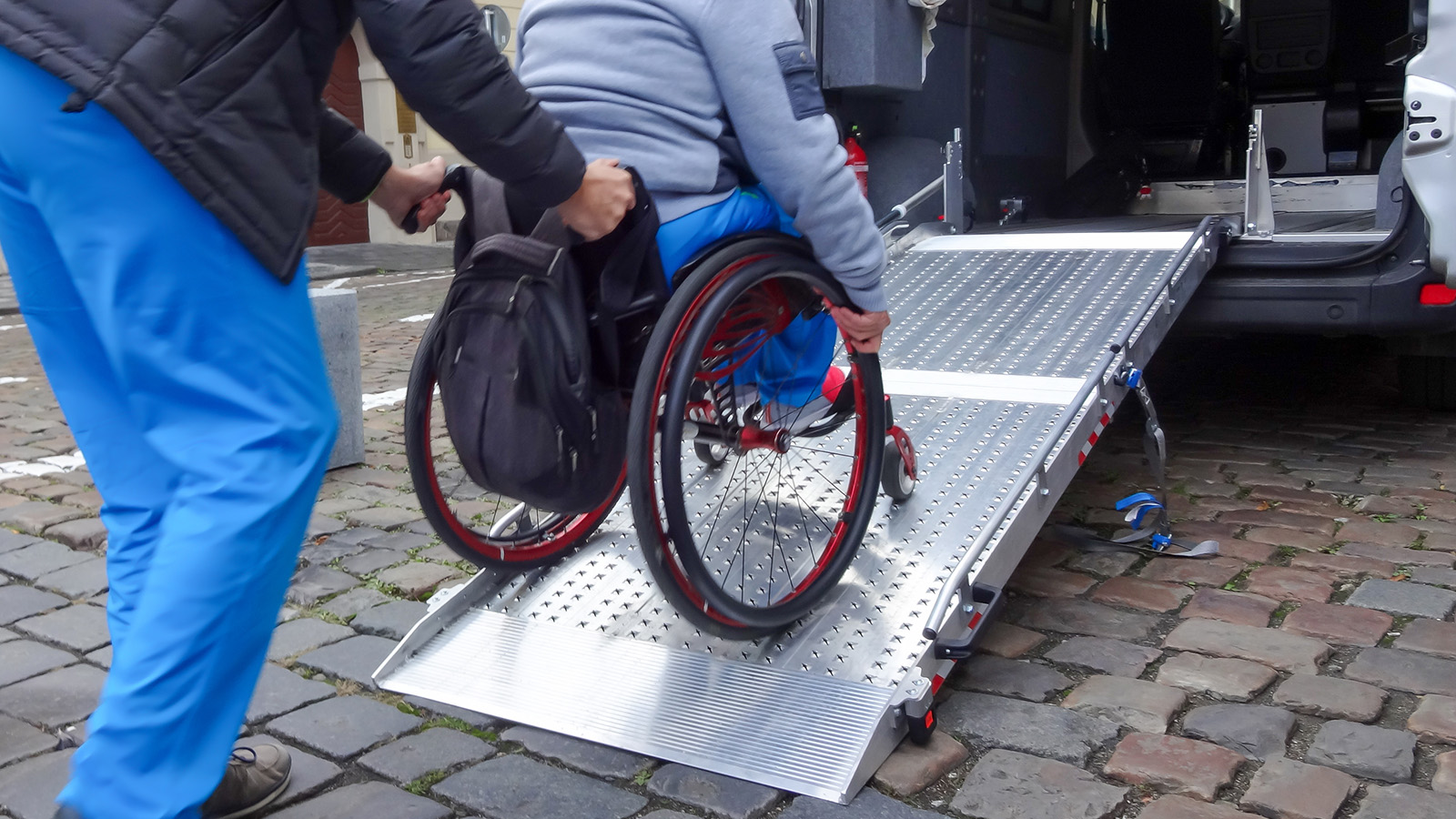How rural hospitals reduce unnecessary patient transfers

Rural hospitals need to transfer patients that require more specialized care because they often do not have the expertise or resources to treat these patients. A report that looked at services provided for rural populations by critical access hospitals (CAHs) and other rural hospitals, found that just 31% of critical access hospitals and 52% of other rural hospitals provided psychiatric care. Only 47% of CAHs and 48% of other rural hospitals were certified trauma centers. And 33% of CAHs provided obstetrics care, compared with 80% of other rural hospitals.
Rural transfer backlogs
CAHs in particular have experienced patient transfer backlogs. One administrator quoted by NPR said “Our nurses and our health supervisors are working phones like it’s a commodity trading floor,” and the system for transferring patients “has been extremely stressed and extremely strained.”
Negative consequences of patient transfers
For rural hospitals, patient transfers are time-consuming and complicated for providers to arrange; they typically require multiple phone calls, paging and on-call schedule checks. Additionally, transfers are disruptive and expensive for the patient, taking them further away from their family, social support network and familiar doctors.
When a specialist is not available for consultation, unnecessary transfers are often made, particularly in pediatric and complex cases. Continuing care in a local setting is preferred by both patients and rural hospitals.
How telehealth helps avoid unnecessary transfers
When a rural hospital began using the Backline messaging platform for real-time video consults with specialists, they successfully avoided over 40 patient transfers in just the first three months of use. During video consults, the remote specialists assess the factors in the case, review test results and speak face-to-face with the patient and the local care team about the transfer decision.
The patient benefits by having a specialist “in the room,” which often results in a decision to continue care in the current setting. And by avoiding unnecessary transfers, the rural hospital continues to receive reimbursements for appropriate-level care, maintaining the highest level of care at the lowest cost.
About Backline
Headquartered in Indiana, Backline is the one secure messaging provider that understands the unique challenges of rural health systems. The CMO of a leading rural health system said “Because we use Backline for both inpatient and outpatient virtual visits, our patients get the care they need safely and efficiently.”




